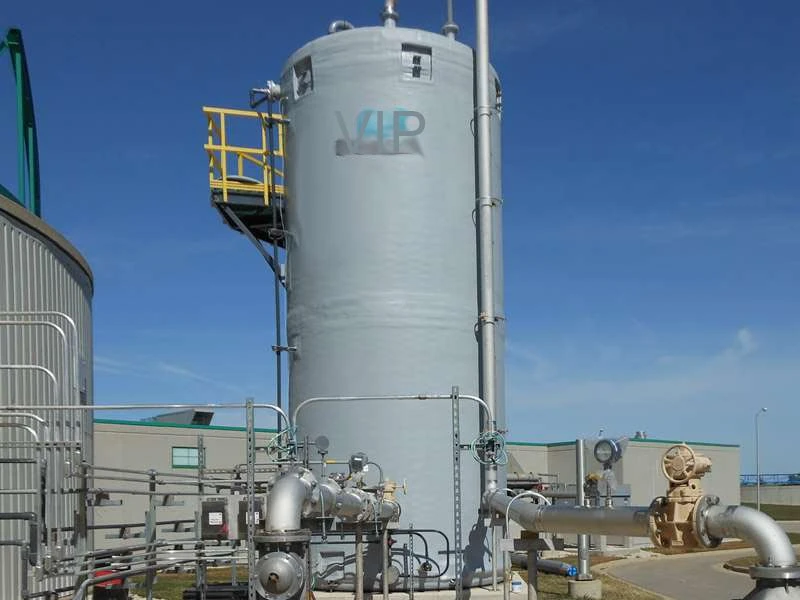
-
 Afrikaans
Afrikaans -
 Albanian
Albanian -
 Amharic
Amharic -
 Arabic
Arabic -
 Armenian
Armenian -
 Azerbaijani
Azerbaijani -
 Basque
Basque -
 Belarusian
Belarusian -
 Bengali
Bengali -
 Bosnian
Bosnian -
 Bulgarian
Bulgarian -
 Catalan
Catalan -
 Cebuano
Cebuano -
 China
China -
 China (Taiwan)
China (Taiwan) -
 Corsican
Corsican -
 Croatian
Croatian -
 Czech
Czech -
 Danish
Danish -
 Dutch
Dutch -
 English
English -
 Esperanto
Esperanto -
 Estonian
Estonian -
 Finnish
Finnish -
 French
French -
 Frisian
Frisian -
 Galician
Galician -
 Georgian
Georgian -
 German
German -
 Greek
Greek -
 Gujarati
Gujarati -
 Haitian Creole
Haitian Creole -
 hausa
hausa -
 hawaiian
hawaiian -
 Hebrew
Hebrew -
 Hindi
Hindi -
 Miao
Miao -
 Hungarian
Hungarian -
 Icelandic
Icelandic -
 igbo
igbo -
 Indonesian
Indonesian -
 irish
irish -
 Italian
Italian -
 Japanese
Japanese -
 Javanese
Javanese -
 Kannada
Kannada -
 kazakh
kazakh -
 Khmer
Khmer -
 Rwandese
Rwandese -
 Korean
Korean -
 Kurdish
Kurdish -
 Kyrgyz
Kyrgyz -
 Lao
Lao -
 Latin
Latin -
 Latvian
Latvian -
 Lithuanian
Lithuanian -
 Luxembourgish
Luxembourgish -
 Macedonian
Macedonian -
 Malgashi
Malgashi -
 Malay
Malay -
 Malayalam
Malayalam -
 Maltese
Maltese -
 Maori
Maori -
 Marathi
Marathi -
 Mongolian
Mongolian -
 Myanmar
Myanmar -
 Nepali
Nepali -
 Norwegian
Norwegian -
 Norwegian
Norwegian -
 Occitan
Occitan -
 Pashto
Pashto -
 Persian
Persian -
 Polish
Polish -
 Portuguese
Portuguese -
 Punjabi
Punjabi -
 Romanian
Romanian -
 Russian
Russian -
 Samoan
Samoan -
 Scottish Gaelic
Scottish Gaelic -
 Serbian
Serbian -
 Sesotho
Sesotho -
 Shona
Shona -
 Sindhi
Sindhi -
 Sinhala
Sinhala -
 Slovak
Slovak -
 Slovenian
Slovenian -
 Somali
Somali -
 Spanish
Spanish -
 Sundanese
Sundanese -
 Swahili
Swahili -
 Swedish
Swedish -
 Tagalog
Tagalog -
 Tajik
Tajik -
 Tamil
Tamil -
 Tatar
Tatar -
 Telugu
Telugu -
 Thai
Thai -
 Turkish
Turkish -
 Turkmen
Turkmen -
 Ukrainian
Ukrainian -
 Urdu
Urdu -
 Uighur
Uighur -
 Uzbek
Uzbek -
 Vietnamese
Vietnamese -
 Welsh
Welsh -
 Bantu
Bantu -
 Yiddish
Yiddish -
 Yoruba
Yoruba -
 Zulu
Zulu
fiberglass vessel
The Benefits and Applications of Fiberglass Vessels
Fiberglass vessels have revolutionized the maritime industry, offering notable advantages in durability, maintenance, and performance. The use of fiberglass, a composite material made from fine glass fibers and resin, has become increasingly popular among boat builders and marine enthusiasts alike. Here, we will explore the benefits and applications of fiberglass vessels, shedding light on why they have become a preferred choice for many watercraft users.
One of the most significant benefits of fiberglass vessels is their exceptional durability. Fiberglass is resistant to corrosion, which is a crucial factor for boats that spend a significant amount of time in saltwater. Unlike traditional materials such as wood or metal, fiberglass does not rust, rot, or corrode, leading to a longer lifespan for the vessel. This durability means that owners save money on repairs and replacements over time, making fiberglass vessels a cost-effective option in the long run.
Additionally, fiberglass is lightweight yet strong, which enhances the performance of the vessel. The reduced weight allows for better fuel efficiency and increased speed, making fiberglass boats favored among racing enthusiasts. They can also carry larger loads without compromising their structural integrity, which is essential for commercial vessels that need to transport goods or passengers. The ability to mold fiberglass into complex shapes also allows for innovative design possibilities, resulting in more aesthetically pleasing and functional vessels.
fiberglass vessel

Maintenance is another area where fiberglass boats shine. Unlike wooden boats that require frequent painting, varnishing, and upkeep to prevent deterioration, fiberglass is relatively low-maintenance. A simple wash with soap and water is usually sufficient to keep a fiberglass vessel looking pristine. In the event of minor damage, such as scratches or chips, repairs can often be made with ease using resin and fiberglass cloth, avoiding the need for professional intervention.
The versatility of fiberglass extends to its applications as well. Fiberglass has been utilized in various types of vessels, from personal recreational boats like speedboats and sailboats to larger commercial ships and even yachts. The material can also be employed in specialized vessels for research, fishing, and eco-tourism, providing tailored solutions across different sectors. For instance, many marine research vessels incorporate fiberglass to ensure that they withstand harsh ocean conditions while maintaining high levels of functionality.
Moreover, environmental concerns have prompted a shift towards using fiberglass vessels. With the increasing emphasis on sustainability, many manufacturers are now producing eco-friendly fiberglass materials. These innovations help to reduce the environmental impact while still offering the benefits of traditional fiberglass. Additionally, the longevity of fiberglass vessels can contribute to sustainability practices, as they do not need to be replaced frequently.
In conclusion, fiberglass vessels represent a remarkable advancement in boat design and construction. Their durability, lightweight properties, low maintenance, and versatility make them an appealing choice for a wide range of applications. Whether for recreational use, commercial purposes, or specialized missions, fiberglass vessels have earned their place as a staple in the maritime industry. As technology advances and sustainability becomes a priority, the future of fiberglass vessels looks promising, with potential for even more innovations and improvements that will further enhance their usability and performance on the water.
Latest news
-
Exploring the Benefits of Top Hammer Drifter Rods for Enhanced Drilling PerformanceNewsJun.10,2025
-
High-Precision Fiberglass Winding Machine for GRP/FRP Pipe Production – Reliable & Efficient SolutionsNewsJun.10,2025
-
FRP Pipes & Fittings for Shipbuilding - Corrosion-Resistant & LightweightNewsJun.09,2025
-
Premium FRP Flooring Solutions Durable & Slip-ResistantNewsJun.09,2025
-
Premium Fiberglass Rectangular Tanks Durable & Lightweight SolutionNewsJun.09,2025
-
Tapered Drill String Design Guide Durable Performance & UsesNewsJun.09,2025









